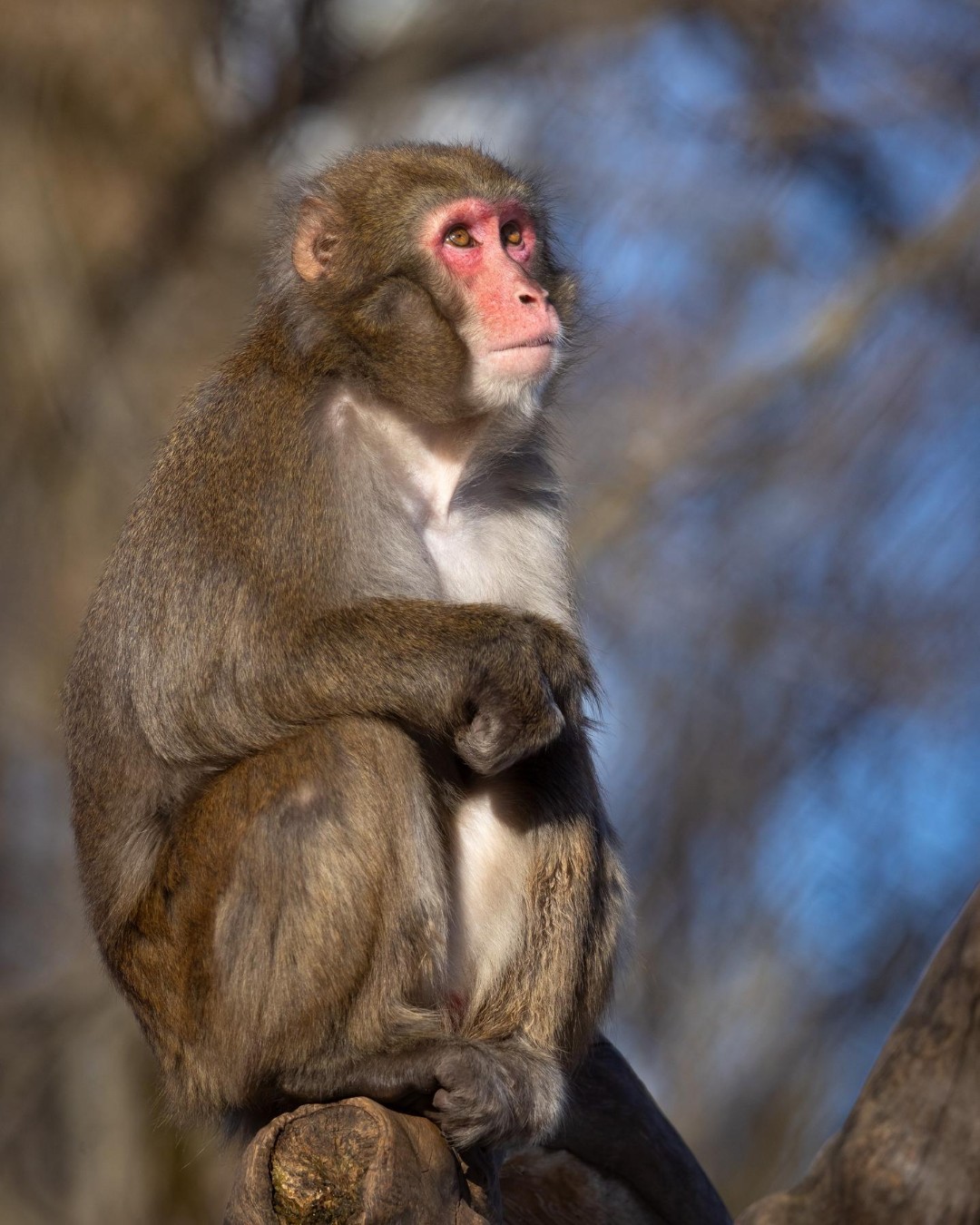- Exploration of behavioral responses of zoo animals during a solar eclipse, focusing on the challenges and methodologies of scientific observation.
- Key insights into the initial findings from the Zoo de Granby’s study on animal behavior during the eclipse, with a particular emphasis on select species.
- Discussion on the implications of this research for zoological management and animal welfare.
- Examination of the broader significance of animal behavior studies in conservation efforts and environmental awareness.
- Overview of future research directions and potential benefits for wildlife conservation deriving from these findings.
A year has passed since the rare and awe-inspiring event of a total solar eclipse, an occurrence that not only thrilled the public but also opened unique research opportunities for scientific communities globally. One prime example of the educational potential of such phenomena was demonstrated by the Zoo de Granby, which conducted an innovative study focusing on how solar eclipses affect animal behavior. By observing species such as Japanese macaques, zebras, snow leopards, and Japanese cranes, the zoo sought to gather invaluable data on behavioral patterns and responses.
The process of studying animal behavior during such events is intricate, requiring careful planning and precise data collection. When approaching a study of this nature, researchers must devise strategies to minimize disruptions to the natural habitat and behaviors of the animals. This involves setting up non-intrusive monitoring systems, such as remote cameras and audio recording devices, to observe and record animal activities without human interference.
One of the primary challenges faced in this study was distinguishing between unusual behaviors prompted by the eclipse itself and those that might occur due to other environmental factors. Zoos provide a controlled environment, yet they still encompass a multitude of variables that must be carefully accounted for, such as changes in weather conditions, feeding routine alterations, and lighting variations stemming from artificial sources.
Despite these challenges, preliminary findings from the Zoo de Granby study have been intriguing. Initial results indicate that many species exhibited notable changes in behavior during the solar eclipse. For instance, species such as the Japanese macaques demonstrated increased social interactions, gathering in tighter groups, which might suggest heightened awareness or confusion. Zebras were observed to become more vigilant, possibly signaling a defensive response to the sudden drop in light reminiscent of dusk.
Conversely, snow leopards displayed a reduction in activity, choosing to remain stationary, possibly perceiving the eclipse as an indicator of the end of the day. Japanese cranes, known for their diurnal nature, displayed what appeared to be contradictory behaviors; some were seen settling as if to roost, while others continued their usual feeding routines.
These observations provide pivotal insights into how animals interpret sudden environmental changes. In the context of zoological management and animal welfare, understanding these behavioral shifts is invaluable. Zoos can use such data to tailor habitats and care routines to match the natural instincts and needs of various species more closely, ultimately enhancing the welfare of the animals.
Additionally, a broader aim of this research is to apply findings to conservation efforts, particularly in regions where solar eclipses are more frequent or intense. By understanding species-specific responses, conservationists can better predict and manage the impacts of environmental changes on wildlife populations, contributing to more effective and sustainable conservation strategies.
The significance of behavioral studies extends beyond immediate findings. Observing animals during rare phenomena like solar eclipses offers a lens into their cognitive processes and environmental interactions. It emphasizes the necessity of protecting natural habitats, as these considerations become crucial for ensuring species’ survival amid increasing environmental disruptions caused by climate change and human activity.
Looking forward, the Zoo de Granby’s study is a springboard for further inquiry. Researchers are eager to expand their focus to include a wider variety of species and different ecological settings, such as aquatic environments. The aim is to discern whether similar behavioral patterns are observable across different ecosystems, offering a more comprehensive understanding of how living organisms synchronize with planetary movements.
The confluence of this research with technological advancements also presents exciting prospects. Improvements in data collection and analysis tools open the possibility of more detailed and swift insights, allowing scientists to respond and adapt to findings in real time. Such progress will amplify the impact of future studies, enabling the application of findings on a broader scale to benefit biodiversity globally.
In conclusion, the exploration of animal behaviors during the 2019 total solar eclipse at the Zoo de Granby underscores the importance of interdisciplinary research in zoology, conservation, and environmental education. It confirms that even momentary astronomical occurrences can yield substantive benefits for understanding and protecting wildlife. By continuing to study and learn from these natural events, we fortify our commitment to preserving the delicate balance of ecosystems and the wonders of the animal kingdom.
*****
Source Description
𝗗𝗲́𝗷𝗮̀ 𝘂𝗻 𝗮𝗻 𝗱𝗲𝗽𝘂𝗶𝘀 𝗹’𝗲́𝗰𝗹𝗶𝗽𝘀𝗲 𝘀𝗼𝗹𝗮𝗶𝗿𝗲 𝘁𝗼𝘁𝗮𝗹𝗲! ☀️
Le Zoo de Granby avait fait les manchettes pour son projet d’étude scientifique sur le comportement de certaines espèces lors de l’éclipse. Des espèces comme les macaques japonais, les zèbres, les léopards des neiges, les grues du Japon — et bien d’autres — ont été observées de près.
👀 Mais alors? Que s’est-il passé chez nos animaux lors de cette journée plus que spéciale?
Bien qu’il faille encore patienter pour obtenir l’étude complète – des milliers de données restant à compiler – certains constats ont déjà été établis par nos scientifiques. 🧐
👉 Pour lire les observations préliminaires, rendez-vous dans le lien de notre bio sous «Nouvelles».


